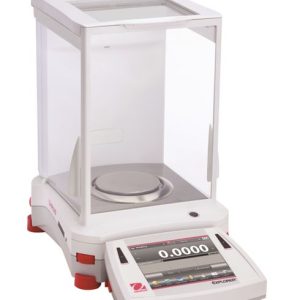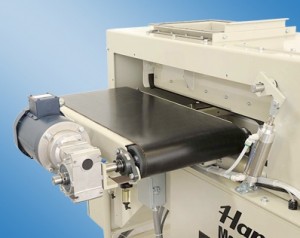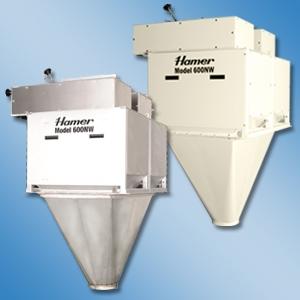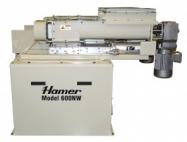Scales can be used to determine portion size, so they are essential to meeting production demands that require accurate measurements. There are a variety of businesses in the processing industry that require the use of weight scales. Each equipment brand has its own designs to offer, with specialized innovations and features contrived to increase their ease of use. Some are portable, some are wireless, while others are made to withstand harsh use and heavy forces.
The machines may feature specialized functions to fully accommodate specific applications, depending on the intended purpose. Packaged goods, food, pharmaceuticals, biotechnology, beverage, and chemicals are all industries that rely on the use of dependable weight scales.
The type of scales used for a task depends largely on the nature of the task and the materials. For example, a meat processing plant may benefit from a motorized rail system that can calculate the weight of hanging slabs of meat. There are Loss-In-Weight Feeders that release measured increments of materials from an upstream supply at a predetermined, programmed feed rate. The operation of this sensitive device relies on a dependable scale that precisely regulates how much is discharged.

A fast-paced environment may need its weighing done while the product is moving. It will use conveyor belts that come in multi-idler and single-idler options. A business that deals with measuring the volume of dry, solid materials, may find that a Volumetric Feeder is ideal for materials that have a consistent bulk density and flow characteristics that remain uniform. Many of the moving automatons are designed with the texture and flow ability of the product in mind. There are also machines designed specifically for handling liquids.
These electronic instruments are capable of making precise measurements regardless of how small the mass is. There are also mechanical options that utilize springs or hydraulics. Regardless of design type, these devices are engineered to deliver maximum results. Most models can be programmed for specific outputs, which is extremely useful in packaging.
Some machines are outfitted with sophisticated instrumentation that better enables the controller to monitor and supervise the task at hand. These instrumentation upgrades can be used for automated calibrations, measuring units of time and distance, data logging, diagnostics in real time, and providing interfaces for multiple operators.
The processing industry needs machines that can offer optimum performances. This requires licensed technicians to periodically calibrate the scales per government regulation. The National Institute of Standards and Technology, (NIST), has published a handbook that details requirements for commercial weight scales. This handbook regulates both design and installation in order to ensure a margin of error no greater than 10 percent.
Whether it is for industrial or commercial use, it is crucial to have a reputable product whose measurements are as precise as possible.
A good supplier will know their products and their capabilities. They will be able to offer excellent customer service by answering questions and providing suggestions. Their products will be top of the line, because dependable equipment is at the heart of the production process.





